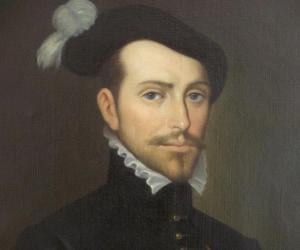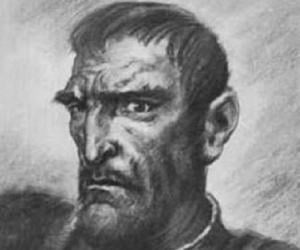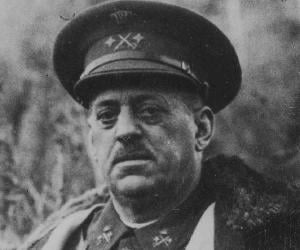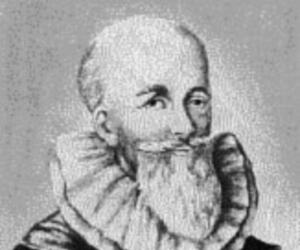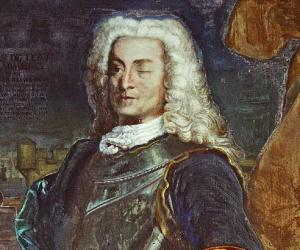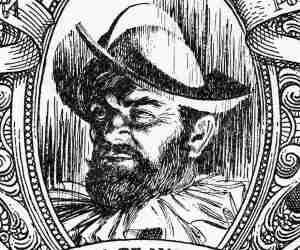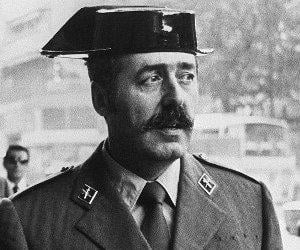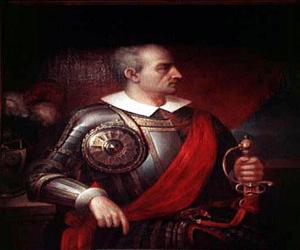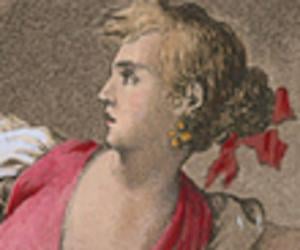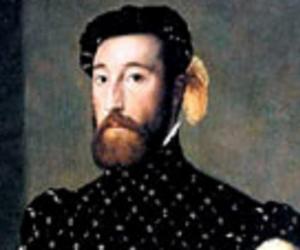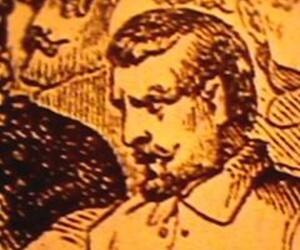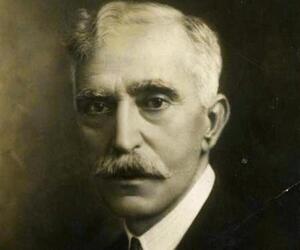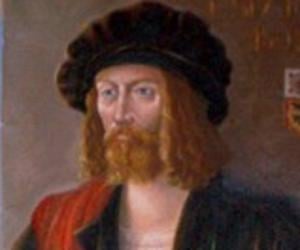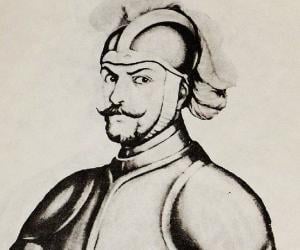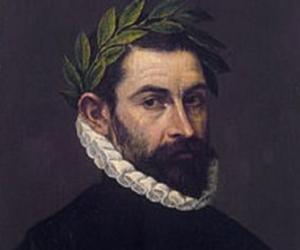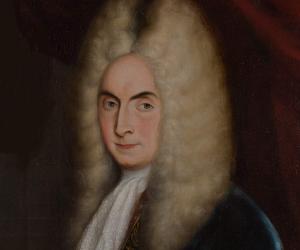1
Hernán Cortés
( Spanish Conquistador Who Led an Expedition that Caused the Fall of the Aztec Empire)
Birthdate: 1485 AD
Birthplace: Medellín, Spain
Died: December 2, 1547
Hernán Cortés was a Spanish conquistador who led the expedition that resulted in the fall of the Aztec Empire and the expansion of Spanish rule in mainland Mexico. He played a key role in the early Spanish colonization of the Americas, using strategic alliances with indigenous peoples and military prowess to achieve his goals. Cortés defied orders from the governor of Cuba, fought and won battles, and ultimately overthrew the Aztec Empire. He was later awarded the title of Marquess of the Valley of Oaxaca for his achievements.
